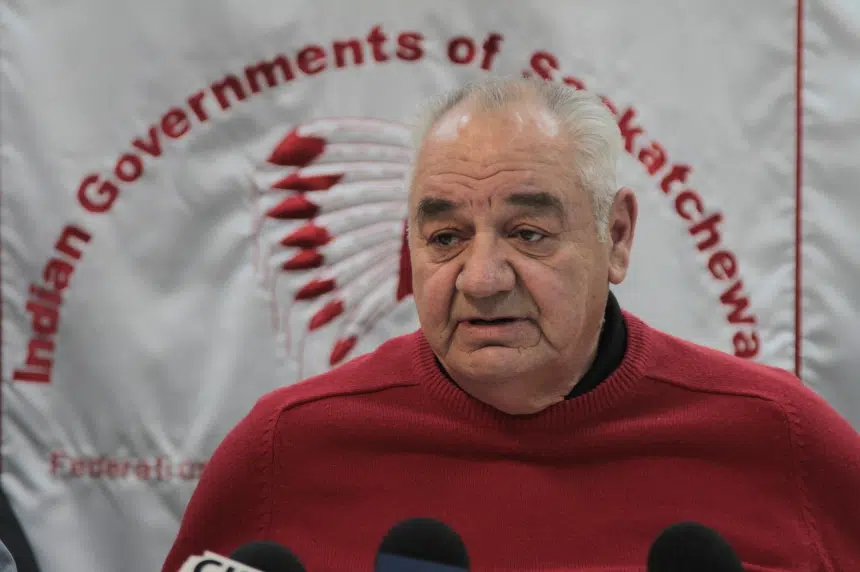At age 63, Ted Quewezance estimates he’s been to more than 400 funerals.
The Federation of Saskatchewan Indian Nations (FSIN) senator and former chief of the Keeseekoose First Nation says violence, addictions and health issues have long plagued the community and contributed to a high death rate. Now, a three-year spike in deaths has prompted his community, along with the surrounding Cote and Key First Nations, to declare a health crisis.
“An average Canadian citizen goes to seven to 10 funerals a year and my chiefs have been to over 50 and 60 funerals in the last year and a half,” Quewezance said at a news conference at the FSIN office Monday. “Could you imagine going to a funeral every week? Not one, but three or four.”
Cote First Nation had four deaths on Feb. 27 and Chief Norman Whitehawk said the community is in a “constant state of grieving”.
Quewezance said lack of access to quality health care is the primary cause of the deaths. He hopes declaring a crisis in an open letter will prompt the Sunrise Health Region and the federal and provincial governments to meet with the Saulteaux Pelly Agency Chiefs Health Alliance to discuss a plan of action.
“Their national harm reduction strategy has failed and pamphlets do not heal our people. It’s primary health care that’s needed,” Quewezance said.
The First Nations would like the federal government and health region to review the opening of a methadone clinic in Kamsack. The group points to a Health Canada report by Dr. John Elias that found addiction issues escalated following the opening of the clinic.
“The federal and provincial governments have become pushers of drugs as they fund narcotics and opioids under the government drug plan,” Quewezance said.
FSIN vice chief Kimberly Jonathan joined Quewezance by stating First Nations encounter barriers of racism and lack of access and resources.
Quewezance said they have two funeral homes in Kamsack but their community is still struggling to get a second nurse they asked for during 27 months of negotiations with governments.
The group wants front line doctors and nurses on reserve who can assess, diagnose, resuscitate and stabilize patients for transportation. Following the opening of their treatment centre, the communities want it to house a detox centre that respects First Nations culture, religion and acknowledges the trauma experienced by those who went to residential schools.







